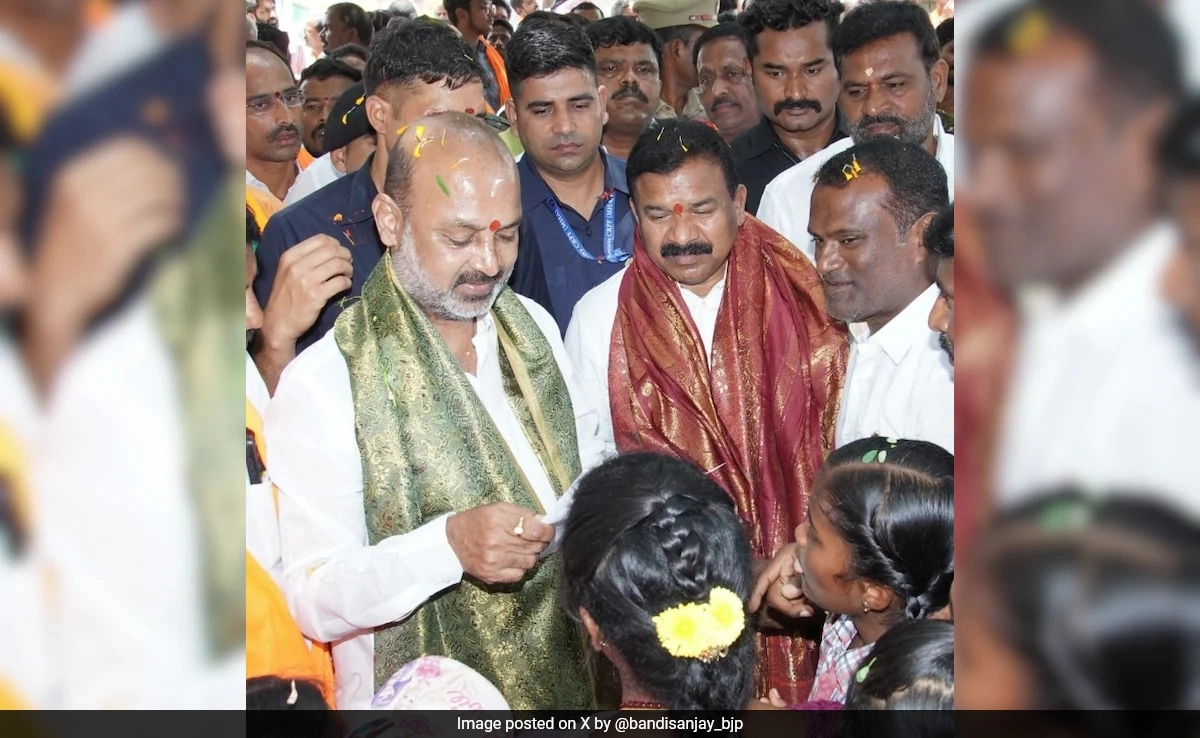In a recent statement that has sparked considerable debate, a government minister has alleged that approximately 1,000 individuals who are non-Hindus are currently employed on the payroll of the Tirumala Temple Board. This assertion raises significant questions about the secular and religious dynamics surrounding one of India’s most revered Hindu pilgrimage sites. The Tirumala Temple, dedicated to Lord Venkateswara, attracts millions of devotees annually and is a vital institution for the Hindu community. Given its religious significance, the minister’s claims have ignited discussions about the appropriateness of employing non-Hindus in a temple administration role, which traditionally has been perceived as a sacred responsibility.
The minister has called for immediate action regarding this matter, emphasizing the importance of maintaining the temple’s religious integrity. He argues that the management of the temple should reflect the beliefs and values of the Hindu faith, which is foundational to the institution’s purpose. This controversy not only highlights the ongoing tensions between secular governance and religious practices in India but also raises broader questions about employment policies in religious institutions. The implications of these allegations are profound, as they challenge the inclusivity of non-Hindus in roles traditionally reserved for practitioners of the faith.
The temple board, tasked with the administration and upkeep of the Tirumala Temple, may now find itself under scrutiny, not just from the government but also from devotees and the public. If these allegations are substantiated, it could lead to a reevaluation of hiring practices within the board and potentially prompt a broader discourse on the role of religion in public service positions. Advocates for secularism might argue that professional qualifications should take precedence over religious identity, while traditionalists may insist on the necessity of ensuring that those who manage sacred sites adhere to the faith.
As this situation unfolds, it is essential for all stakeholders to engage in dialogue that respects the temple’s heritage while considering the principles of inclusivity and diversity that define modern India. The outcome of this controversy will likely influence not only the future of the Tirumala Temple Board but may also set a precedent for how similar institutions navigate the complex interplay of religion and governance in an increasingly pluralistic society.




